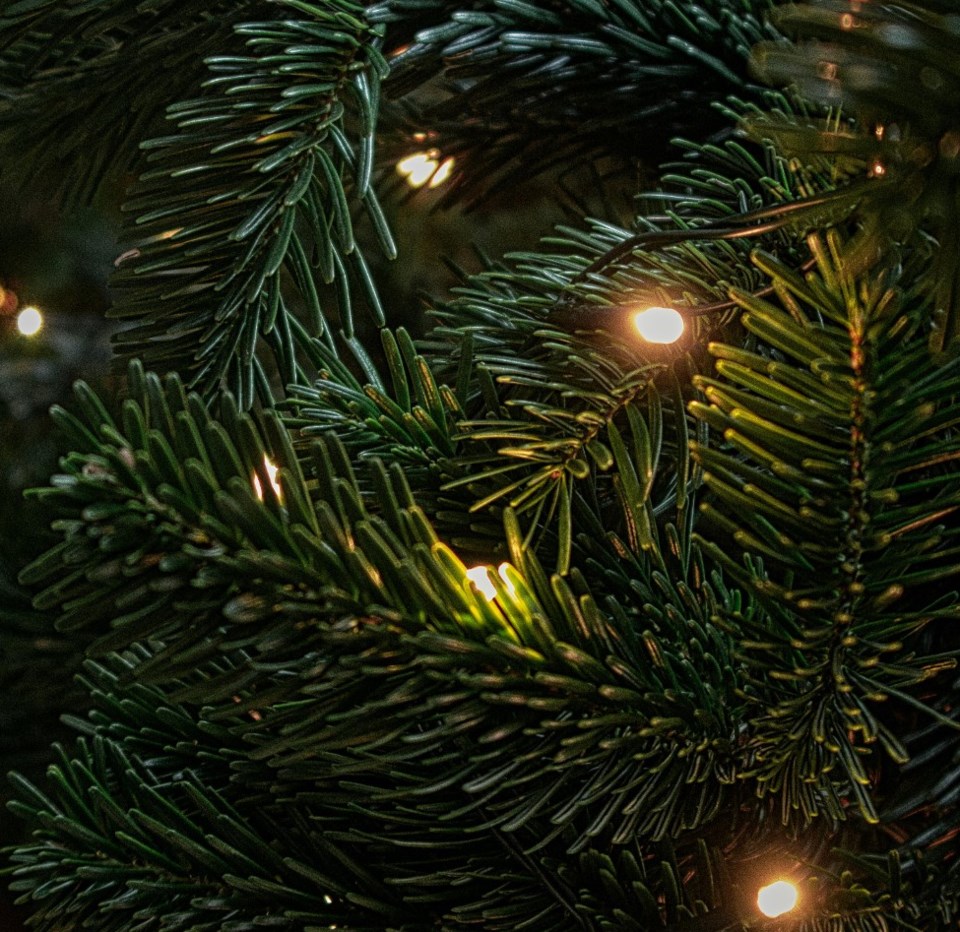ASSINIBOIA — Assiniboia’s Fire Chief, Terry Lacelle, is happy to report their team received only two callouts in November. One call was for an EMA lift assist and the other turned out to be a false alarm for an elevator rescue.
Fire practice for November included forced entry, smoke search and victim rescue and live fire fighting.
“This was all done at our fire training facility. Fire safety Inspection at the water treatment plant and tabletop exercises on multilevel structures were also part of our month,” adds Lacelle.
In addition to last issue’s holiday safety tips, Assiniboia’s Fire Chief offers these December fire safety tips.
As December is usually a busy month with holidays and changes in weather there are a few ideas to help you be proactive in fire safety this month.
When holiday entertaining keep household entries and exits cleared from snow, ensuring safe and easy exit in case of fire. Ensure windows are not frozen in case this is needed for an escape route.
Test your smoke and CO alarms before gatherings. Ensure your guests know exits in case of emergency, and it is also a good idea to communicate an easily reachable meeting location to account for everyone upon emergency exit.
Keep candles away from pets and children and do not leave any open flame unattended. As well, ensure any ignition devices like lighters and matches are kept up high or in a locked cabinet.
Never leave a working stove or oven unattended. Ontario reports that unattended cooking is the number one cause of home fires in that province.
If a pot or pan containing oil and/or grease catches fire:
• Never throw water on a grease fire. This causes an explosive reaction as water instantly turns to steam, expands out of the pot violently, and carries flaming grease up in the air with it.
• Smother the flames by covering the pot or pan with a lid.
• Turn off the heat immediately. Do not remove the lid until the pan is completely cooled.
• You can use baking soda on small/shallow grease fires. Do not use flour as it can be explosively flammable with the right flour-to-air mixture.
• Never turn on the overhead fan, as this could spread the fire quickly into the ductwork.
• Just 16 seconds after a spark, the fire in a dried-out tree is out of control and quickly spreading.
Did you know that even artificial trees can catch fire? Always check if your formerly used artificial tree or newly purchased one includes a label which says fire resistant While this does not mean your tree won’t catch fire at all, it should mean the tree will resist burning and should extinguish quickly.
Live trees must never be left to dry out. A good way to tell is to check if needles and trunk they should be green and hard to pull from branches and bend easily without breaking. The trunk should be sticky with resin and free of dry rot.
Do not place a live tree near any fireplace, baseboard or water radiator. Do not block any exits with the tree, including windows.
Always inspect each of set lights before use, even new ones, to ensure there is no damage to sockets, bulbs or wires and dispose of any damaged sets. Always use CSA and/or UL-approved lights, extension cords and power bards. Ensure you do not overload extension cords, power bars or outlet adapters.




